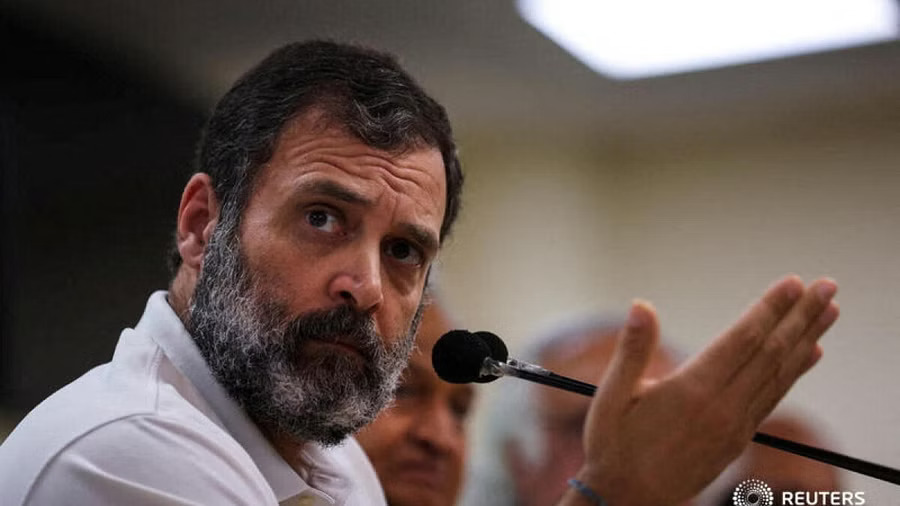The political landscape in Uttar Pradesh has been roiled by controversial statements made by the state’s Congress chief, who boldly predicted that Rahul Gandhi would become the Prime Minister of India and that Union Minister Smriti Irani would lose in her electoral constituency of Amethi.
Speaking at a public event, the Uttar Pradesh Congress Committee (UPCC) chief made these striking remarks, setting off a wave of political discourse and speculation. The statements come as Uttar Pradesh, India’s most populous state, gears up for crucial state assembly elections scheduled for the near future.
The prediction that Rahul Gandhi, the Congress party leader, would become the Prime Minister of India appears to be a show of confidence by the UPCC chief in the prospects of the Congress party in the upcoming general elections. However, it is a statement that has drawn mixed reactions from political observers and opponents.
On the other hand, the assertion that Smriti Irani, who currently serves as the Union Minister for Women and Child Development and had previously defeated Rahul Gandhi in the Amethi parliamentary constituency in the 2019 Lok Sabha elections, would lose her seat has intensified political rivalry in the region.
Smriti Irani’s victory over Rahul Gandhi in Amethi in 2019 was considered a significant political upset and marked a turning point in her political career. The forthcoming state elections in Uttar Pradesh have been closely watched as a key battleground for political parties, with the ruling BJP, the Samajwadi Party, and the Congress vying for electoral supremacy.
The controversial remarks by the UPCC chief have added a new layer of intrigue and drama to the political landscape in Uttar Pradesh. As the state elections draw nearer, political leaders and parties are expected to engage in heightened rhetoric and intense campaigning to secure voter support in one of India’s most influential states.
The statements also underscore the significance of Uttar Pradesh in the national political arena, as the state sends a substantial number of representatives to the Indian Parliament and plays a pivotal role in shaping the country’s political landscape.










